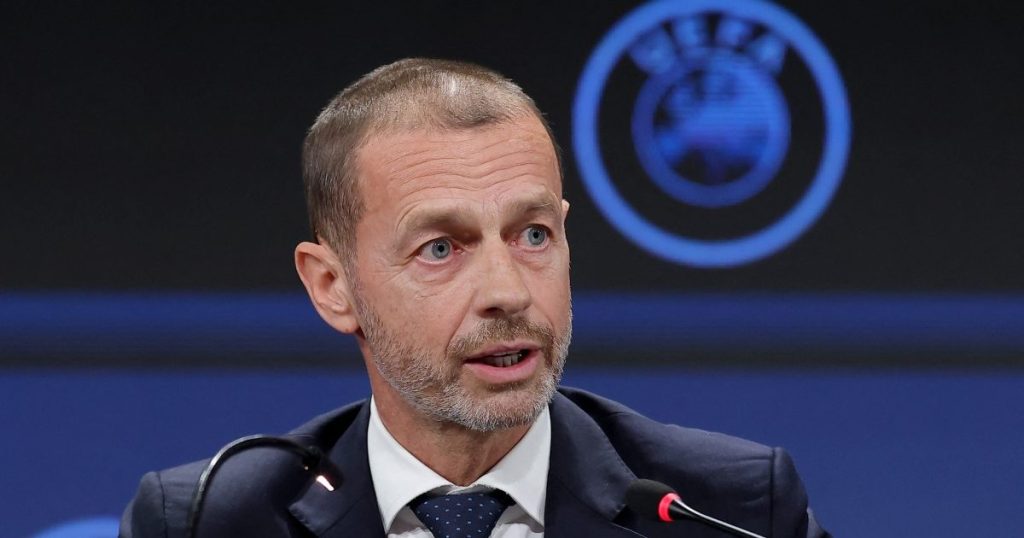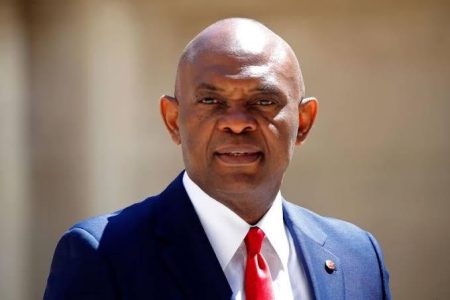The recent proposal by the Uruguayan football federation president, Ignacio Alonso, to expand the FIFA World Cup to 64 teams for the 2030 tournament has sparked controversy and drawn criticism from UEFA president Aleksander Ceferin. Ceferin expressed his strong disapproval, labeling the idea as “bad” and questioning its origins, particularly given the lack of prior consultation with UEFA. This proposal comes on the heels of the already confirmed expansion of the 2026 World Cup, to be hosted by the United States, Mexico, and Canada, from 32 to 48 teams. This raises concerns about the potential strain on the tournament’s structure, the qualification process, and the overall impact on the footballing world.
The 2030 World Cup holds particular significance as it marks the centenary of the tournament, first held in Uruguay in 1930. The hosting rights have been awarded to a multi-continental arrangement, with Portugal, Spain, and Morocco serving as the primary hosts. In a symbolic gesture recognizing the historical significance of the event, three matches will be played in South America, specifically in Uruguay, Argentina, and Paraguay. This unique arrangement celebrates the origins of the World Cup while embracing a global approach to the game. However, the potential expansion to 64 teams casts a shadow over these celebratory plans, raising logistical and sporting concerns.
Ceferin’s opposition to the expansion highlights the potential negative repercussions on both the World Cup itself and the qualifying stages. An increase to 64 teams would necessitate a significant restructuring of the tournament format, potentially leading to a longer and more complex competition. This could impact the quality of the games, player workload, and the overall fan experience. Furthermore, the qualifying process would likely become more convoluted, potentially disadvantaging smaller nations and creating an uneven playing field.
The qualification process for a 64-team World Cup would present a significant challenge for football confederations worldwide. With more teams vying for limited spots, the competition would become fiercer, potentially leading to more unpredictable results and making it harder for traditional footballing powers to secure their place in the finals. This could diminish the prestige of the World Cup and dilute the quality of the tournament. The expansion could also necessitate additional qualifying matches, placing further strain on players’ schedules and increasing the risk of injuries.
Beyond the logistical and sporting implications, the proposed expansion raises concerns about the dilution of the World Cup’s prestige. With more teams participating, the tournament could lose its exclusivity and the significance of reaching the finals could be diminished. This could impact the overall appeal of the World Cup and potentially reduce its global viewership. The expansion could also create a wider gap between the top-tier nations and the rest, potentially leading to more one-sided matches and reducing the overall competitiveness of the tournament.
While FIFA has stated its intention to analyze the proposal, Ceferin’s strong opposition suggests a potential clash between UEFA and FIFA. The decision to expand the 2026 World Cup to 48 teams was already met with some resistance, and a further expansion to 64 teams could exacerbate these tensions. The future of the World Cup format remains uncertain, and the debate over the ideal number of teams is likely to continue. The 2030 World Cup, intended as a celebration of the tournament’s rich history, now finds itself at the center of a complex discussion about the future direction of the world’s most prestigious football competition. Finding a balance between inclusivity and maintaining the tournament’s competitive integrity will be a key challenge for FIFA in the coming years.














